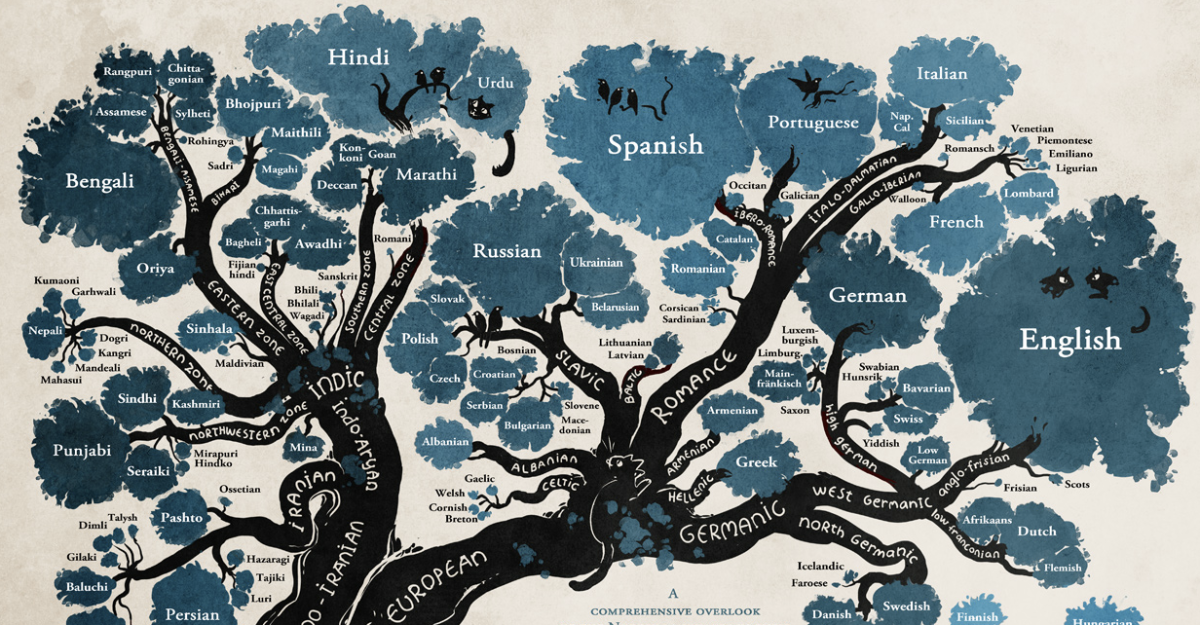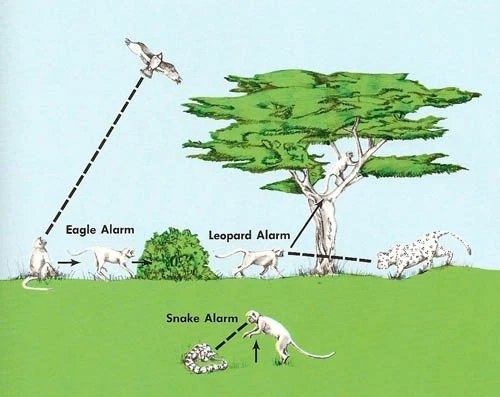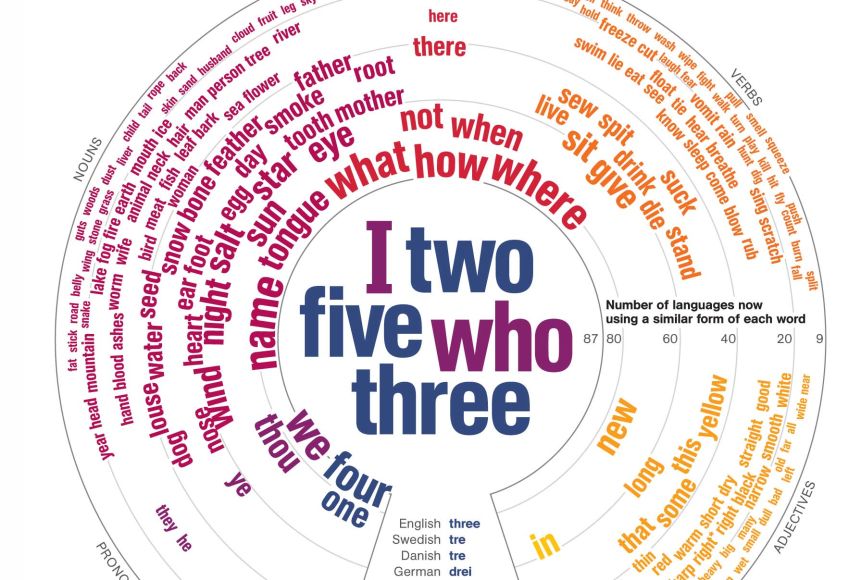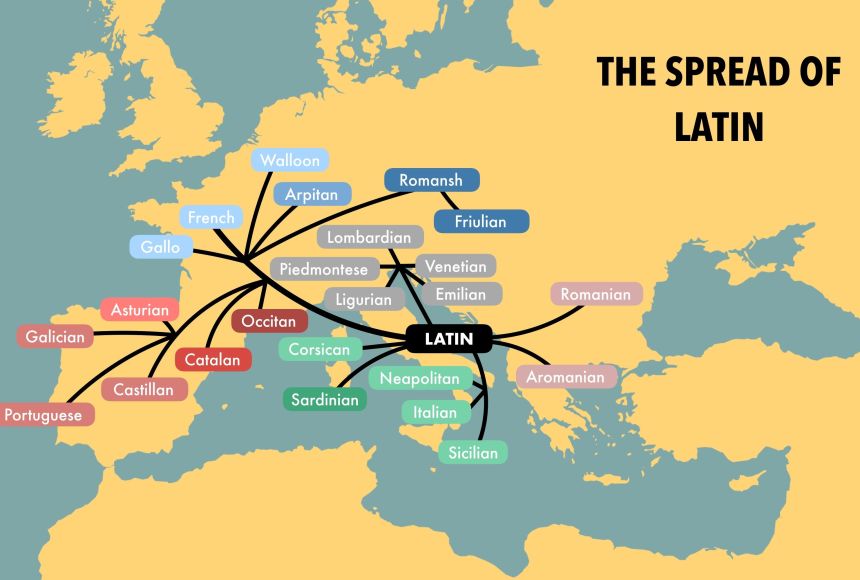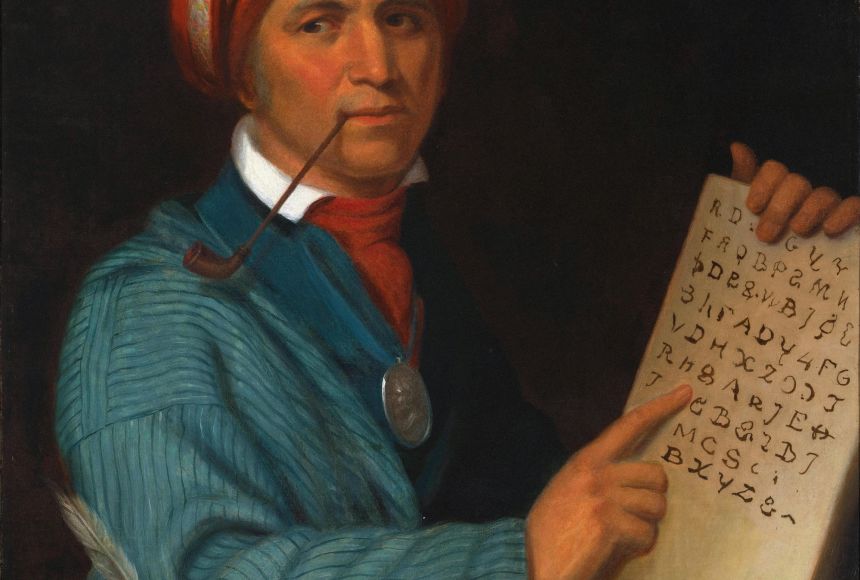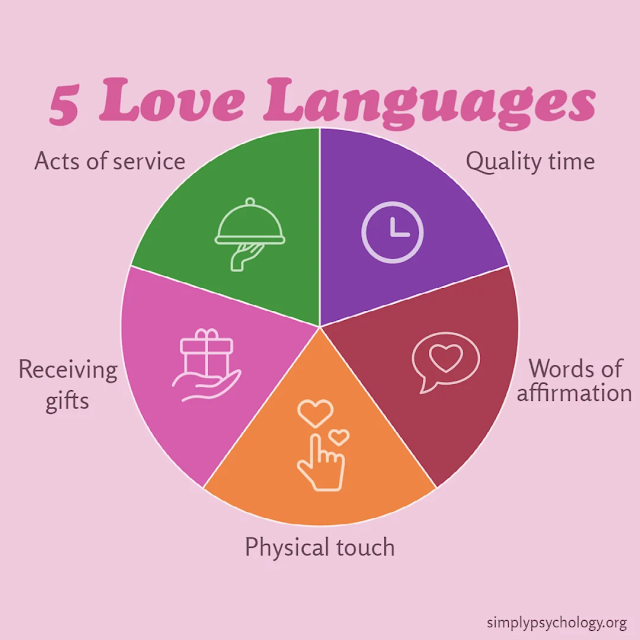by R.E. Slater
I tend to wander in my studies and since leaving an earlier post on the Garden of Eden - which I will shortly be returning to - I wanted to catch up with several processual posts as well as put together several posts on the evolutionary science of language.
The subject of language tying into man's origins and communication is a big part of humanity's journey. Especially as it seems to be failing massively across domestic and international lines.
Thus my central focus on the many actualizing opportunities for love... that if we can refocus on the centrality of working together altruistically with one another we might be able to overcome the differences which separate us.
One of those focuses being that of tolerance and allowance for a culture to be what it is and not what it isn't.
Democracy Allows a Society to Become Itself
For myself, I don't understand MAGA's willingness to blow everything up that is civilly good and right so that it can force their unloving religious ideas and beliefs of bondage upon society.
It's something I deeply resist as being uncivil, oppressive, and ungodly.
This last character trait of "ungodliness" is ironic as I am well-aware of Lot's predicament in Sodom and how the homosexual community intended to force all non-gays to participate into their obsessive abuse.
The evil there, as now, is not that the gay lifestyle is denying its humanity through same sex intercourse - although I do highly value covenanted relationships between all sexes, whether hetero- or homo- sexual over illicit usury and abuse. But the act of forcing non-gays to enact the gay lifestyle against their will... starting with Lot's two daughters, was the evil of Sodom.
The Sin of Sodom
This evil is not unlike what MAGA is enacting now upon America's democratic union between disparate geographical regions throughout the 50 states.
MAGA leaders and participants are actively removing the American Constitution for some fictitious theocratic kingdom thought to be just and justly righteous. However, it is conducting itself exactly opposite to God's all inclusive vision of sameness.
Essentially, MAGA is removing the rights of non-whites while also overlooking the cultural ties of the races black, red, brown, or that of gays, trans, women, Muslims, Jews, or Asians.
To me, MAGA laws-and-rules are fascist laws-and-rules and not democratic rules... the later seeking an more open, fair, and expansive observation of people's civil rights and freedoms.
Where MAGA thinks its religious freedoms are becoming delimited by America's polyplural society is the very thing which is odious to the rest of America resisting the uncivil and unloving acts of white supremacy.
Racial disallowance, or intolerance, has never been socially fair nor equal and always unequally applied. And when pursuing white supremacy/ala white (Christian) nationalism, those who are racist in heart and mind and crying foul against all non-white, unassimilated, Americans are doubling down against the freedoms which are plainly offered in the Constitution and Bill of Rights - including the Magna Carta!
Hence, MAGA cries foul and wishes to force it's white culture of privilege, religious legalisms, and racisms upon America in what it sees as Christ's coming kingdom.
The Kingdom of Christ is Here and Becoming
MAGA's vision is an evil. And in it's beliefs and behaviours lies a wicked thing. Do we not know that Christ's kingdom is HERE? And in the truest sense of the word BECOMING in America by an expanding democracy extending to all elements of its society Whereas the church's "kindgom" is simply a reiteration of religious abuse, oppression, iniquity, and inquisition, against people's civil rights.
Thus and Thus, We Need a New Language
One that may evolve from where it is to where it could become among the religious and racist populations of the world.
And if done, this love-language may empower all elements of society upwards towards the fuller ideal of an open and equal, participatory civil justice, and conduct of behaviour, which I believe more aptly describes Christ's Kingdom.
R.E. Slater
February 20, 202
* * * * * *
How Did Language Begin?
by Ray Jackendoff
What does the question mean?
In asking about the origins of human language, we first have to make clear what the question is. The question is not how languages gradually developed over time into the languages of the world today. Rather, it is how the human species developed over time so that we - and not our closest relatives, the chimpanzees and bonobos - became capable of using language.
And what an amazing development this was! No other natural communication system is like human language. Human language can express thoughts on an unlimited number of topics (the weather, the war, the past, the future, mathematics, gossip, fairy tales, how to fix the sink...). It can be used not just to convey information, but to solicit information (questions) and to give orders. Unlike any other animal communication system, it contains an expression for negation - what is not the case.
Every human language has a vocabulary of tens of thousands of words, built up from several dozen speech sounds. Speakers can build an unlimited number of phrases and sentences out of words plus a smallish collection of prefixes and suffixes, and the meanings of sentences are built from the meanings of the individual words. What is still more remarkable is that every typically-developing child learns the whole system from hearing others use it.
Animal communication systems, in contrast, typically have at most a few dozen distinct calls, and they are used only to communicate immediate issues such as food, danger, threat, or reconciliation. Many of the sorts of meanings conveyed by chimpanzee communication have counterparts in human 'body language'. For animals that use combinations of calls (such as some songbirds and some whales), the meanings of the combinations are not made up of the meanings of the parts (though there are many species that have not been studied yet). And the attempts to teach apes some version of human language, while fascinating, have produced only rudimentary results. So the properties of human language are unique in the natural world.
How did we get from there to here?
All present-day languages, including those of hunter-gatherer cultures, have lots of words, can be used to talk about anything under the sun, and can express negation. As far back as we have written records of human language - 5000 years or so - things look basically the same. Languages change gradually over time, sometimes due to changes in culture and fashion, sometimes in response to contact with other languages. But the basic architecture and expressive power of language stays the same.
The question, then, is how the properties of human language got their start. Obviously, it couldn't have been a bunch of cavemen sitting around and deciding to make up a language, since in order to do so, they would have had to have a language to start with! Intuitively, one might speculate that hominids (human ancestors) started by grunting or hooting or crying out, and 'gradually' this 'somehow' developed into the sort of language we have today. (Such speculations were so rampant 150 years ago that in 1866 the French Academy banned papers on the origins of language!) The problem is in the 'gradually' and the 'somehow'. Chimps grunt and hoot and cry out, too. What happened to humans in the 6 million years or so since the hominid and chimpanzee lines diverged, and when and how did hominid communication begin to have the properties of modern language?
Of course, many other properties besides language differentiate humans from chimpanzees: lower extremities suitable for upright walking and running, opposable thumbs, lack of body hair, weaker muscles, smaller teeth - and larger brains. According to current thinking, the changes crucial for language were not just in the size of the brain, but in its character: the kinds of tasks it is suited to do - as it were, the 'software' it comes furnished with. So the question of the origin of language rests on the differences between human and chimpanzee brains, when these differences came into being, and under what evolutionary pressures.
What are we looking for?
The basic difficulty with studying the evolution of language is that the evidence is so sparse. Spoken languages don't leave fossils, and fossil skulls only tell us the overall shape and size of hominid brains, not what the brains could do. About the only definitive evidence we have is the shape of the vocal tract (the mouth, tongue, and throat): Until anatomically modern humans, about 100,000 years ago, the shape of hominid vocal tracts didn't permit the modern range of speech sounds. But that doesn't mean that language necessarily began then. Earlier hominids could have had a sort of language that used a more restricted range of consonants and vowels, and the changes in the vocal tract may only have had the effect of making speech faster and more expressive. Some researchers even propose that language began as sign language, then (gradually or suddenly) switched to the vocal modality, leaving modern gesture as a residue.
These issues and many others are undergoing lively investigation among linguists, psychologists, and biologists. One important question is the degree to which precursors of human language ability are found in animals. For instance, how similar are apes' systems of thought to ours? Do they include things that hominids would find it useful to express to each other? There is indeed some consensus that apes' spatial abilities and their ability to negotiate their social world provide foundations on which the human system of concepts could be built.
A related question is what aspects of language are unique to language and what aspects just draw on other human abilities not shared with other primates. This issue is particularly controversial. Some researchers claim that everything in language is built out of other human abilities: the ability for vocal imitation, the ability to memorize vast amounts of information (both needed for learning words), the desire to communicate, the understanding of others' intentions and beliefs, and the ability to cooperate. Current research seems to show that these human abilities are absent or less highly developed in apes. Other researchers acknowledge the importance of these factors but argue that hominid brains required additional changes that adapted them specifically for language.
Did it happen all at once or in stages?
How did these changes take place? Some researchers claim that they came in a single leap, creating through one mutation the complete system in the brain by which humans express complex meanings through combinations of sounds. These people also tend to claim that there are few aspects of language that are not already present in animals.
Other researchers suspect that the special properties of language evolved in stages, perhaps over some millions of years, through a succession of hominid lines. In an early stage, sounds would have been used to name a wide range of objects and actions in the environment, and individuals would be able to invent new vocabulary items to talk about new things. In order to achieve a large vocabulary, an important advance would have been the ability to 'digitize' signals into sequences of discrete speech sounds - consonants and vowels - rather than unstructured calls. This would require changes in the way the brain controls the vocal tract and possibly in the way the brain interprets auditory signals (although the latter is again subject to considerable dispute).
These two changes alone would yield a communication system of single signals - better than the chimpanzee system but far from modern language. A next plausible step would be the ability to string together several such 'words' to create a message built out of the meanings of its parts. This is still not as complex as modern language. It could have a rudimentary 'me Tarzan, you Jane' character and still be a lot better than single-word utterances. In fact, we do find such 'protolanguage' in two-year-old children, in the beginning efforts of adults learning a foreign language, and in so-called 'pidgins', the systems cobbled together by adult speakers of disparate languages when they need to communicate with each other for trade or other sorts of cooperation. This has led some researchers to propose that the system of 'protolanguage' is still present in modern human brains, hidden under the modern system except when the latter is impaired or not yet developed.
A final change or series of changes would add to 'protolanguage' a richer structure, encompassing such grammatical devices as plural markers, tense markers, relative clauses, and complement clauses ("Joe thinks that the earth is flat"). Again, some hypothesize that this could have been a purely cultural development, and some think it required genetic changes in the brains of speakers. The jury is still out.
When did this all happen? Again, it's very hard to tell. We do know that something important happened in the human line between 100,000 and 50,000 years ago: This is when we start to find cultural artifacts such as art and ritual objects, evidence of what we would call civilization. What changed in the species at that point? Did they just get smarter (even if their brains didn't suddenly get larger)? Did they develop language all of a sudden? Did they become smarter because of the intellectual advantages that language affords (such as the ability to maintain an oral history over generations)? If this is when they developed language, were they changing from no language to modern language, or perhaps from 'protolanguage' to modern language? And if the latter, when did 'protolanguage' emerge? Did our cousins the Neanderthals speak a protolanguage? At the moment, we don't know.
One tantalizing source of evidence has emerged recently. A mutation in a gene called FOXP2 has been shown to lead to deficits in language as well as in control of the face and mouth. This gene is a slightly altered version of a gene found in apes, and it seems to have achieved its present form between 200,000 and 100,000 years ago. It is very tempting therefore to call FOXP2 a 'language gene', but nearly everyone regards this as oversimplified. Are individuals afflicted with this mutation really language impaired or do they just have trouble speaking?
On top of that, despite great advances in neuroscience, we currently know very little about how genes determine the growth and structure of brains or how the structure of the brain determines the ability to use language. Nevertheless, if we are ever going to learn more about how the human language ability evolved, the most promising evidence will probably come from the human genome, which preserves so much of our species' history. The challenge for the future will be to decode it.
For further information
Christiansen, Morton H. and Simon Kirby (eds.). 2003. Language Evolution. New York: Oxford University Press.
Hauser, Marc; Noam Chomsky; and W. Tecumseh Fitch. 2002. The faculty of language: What is it, who has it, and how did it evolve? Science 298.1569-79.
Hurford, James; Michael Studdert-Kennedy; and Chris Knight (eds.). 1998. Approaches to the Evolution of Language. Cambridge: Cambridge University Press.
Jackendoff, Ray. 1999. Some possible stages in the evolution of the language capacity. Trends in Cognitive Sciences 3.272-79.
Pinker, Steven, and Ray Jackendoff. 2005. The faculty of language: What's special about it? Cognition 95.210-36.
